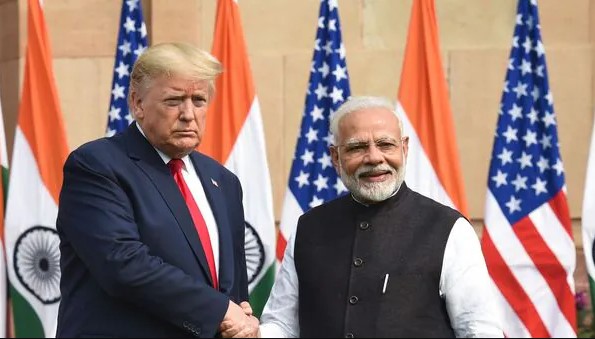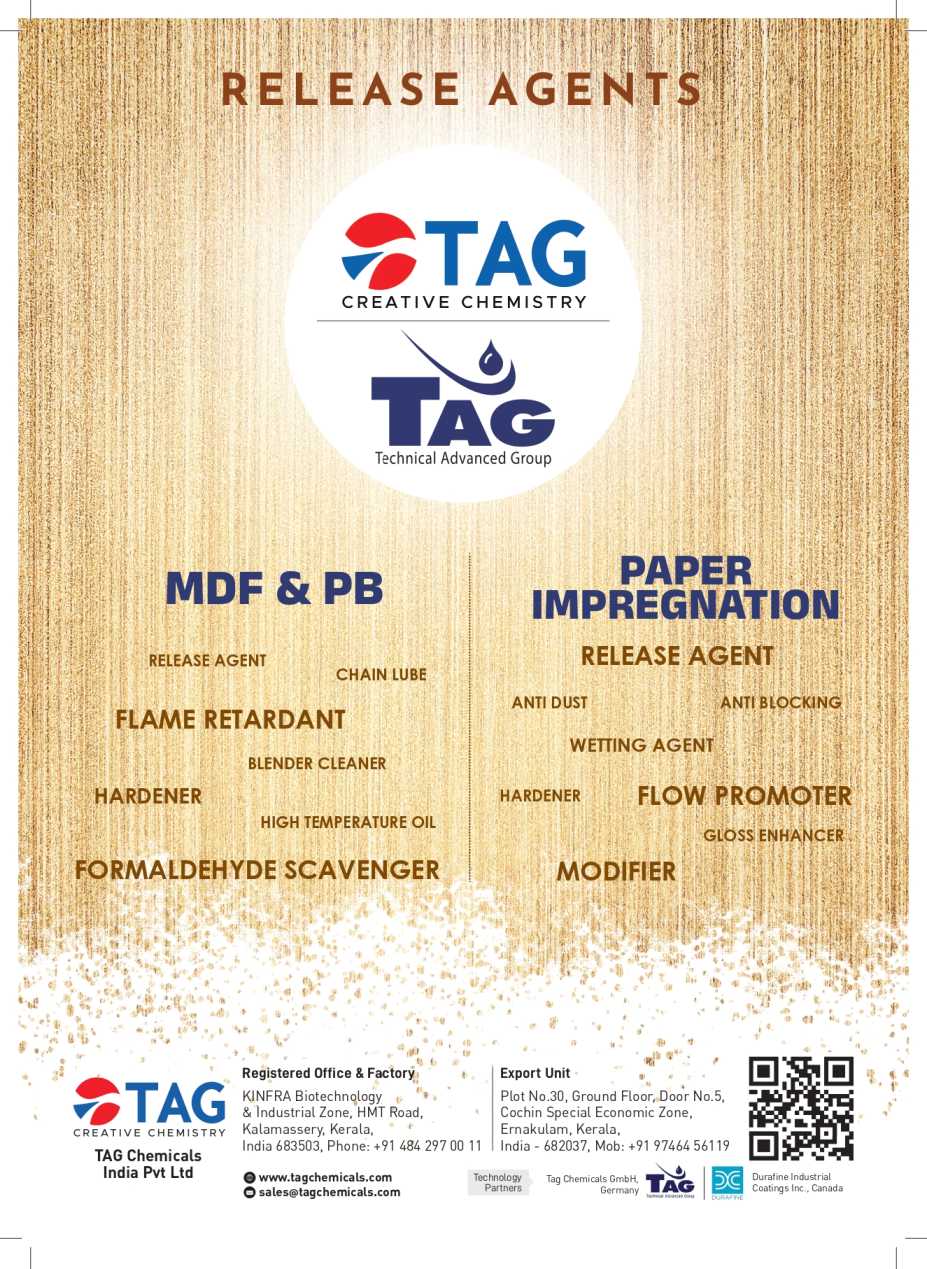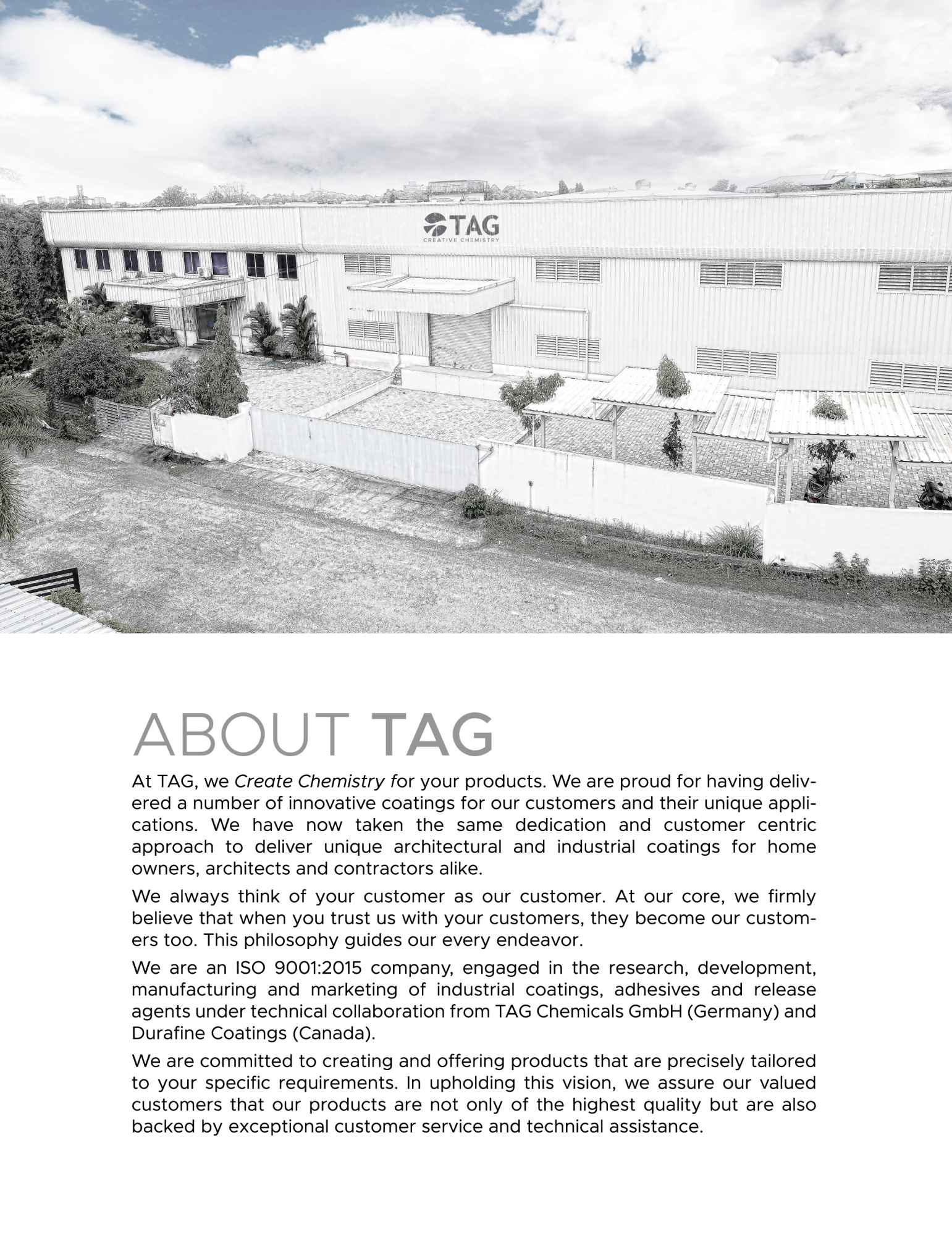
Increasing importance of ‘Proof of origin’ in Export
- May 10, 2025
- 0
President Donald Trump of the United States has imposed ‘reciprocal tariffs’ on imports from various countries. The executives at the operating levels are, however, grappling with a different question – how the US Customs will determine that the imported goods originate from a particular country.
Rules of origin (RoO) are used by most countries to implement measures such as anti-dumping duties and anti-subsidy countervailing duties, and also to determine whether to charge normal or lower duties based on where the imported goods are produced.
They are also used for purposes such as trade statistics, application of labeling and marketing requirements, and government procurement. RoO in most countries are transparent and administered in a consistent, uniform, impartial, and reasonable manner.
RoO vary depending on whether an importer claims a preferential rate of duty on the imported goods under any free/preferential/regional trade agreement. Where no import duty concessions are being claimed, a simple declaration of certificate by the exporter on their invoice or a non-preferential certificate of origin (CoO) issued by an authorised trade body like a chamber of commerce is usually accepted by the Customs in the importing country.
Normally, such declarations of certificates are given quite freely if the goods are available from nature in the exporting county or the goods are manufactured by the exporter using inputs procured domestically.
Where foreign-origin inputs are used, the goods still get the originating status if the processes carried out in the exporting country result in a new commodity and exceed certain specified basic operations like repacking, relabeling, simple assembly, disassembly, ect.
Now, with country-specific tariffs, the US Customs may not be satisfied with a mere declaration or certificate of the exporter or a non-preferential CoO and may ask for ‘proof of origin’, as the Indian Customs do for imports under trade agreement.

































































